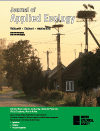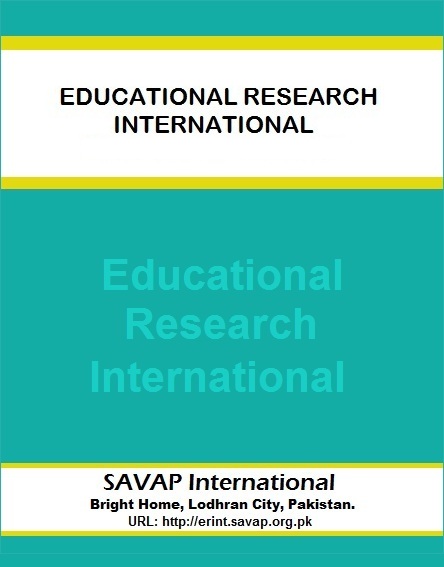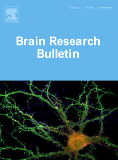Does an article that discusses anonymized student projects about how to catalog data count as research on human subjects?
One of the students included in the paper thought so, and complained to the journal after learning that it had published the case study of the program without the approval required for studying people. The authors admitted they didn’t get consent from participants, because they didn’t realize the work required it. The mix-up has prompted both them and the journal to reconsider their policies regarding ethics approval of studies.
In the meantime, “A Project-Based Case Study of Data Science Education” has been retracted, with this notice:
Continue reading Does your work need IRB approval? Better check, says author of retracted paper




 Here’s something we haven’t seen before: A journal is asking tipsters to pay a fee to investigate a paper.
Here’s something we haven’t seen before: A journal is asking tipsters to pay a fee to investigate a paper.
 A
A  After the first author of a debated study about the benefits of positioning your body in an assertive ways — the so-called “power pose” —
After the first author of a debated study about the benefits of positioning your body in an assertive ways — the so-called “power pose” — 
